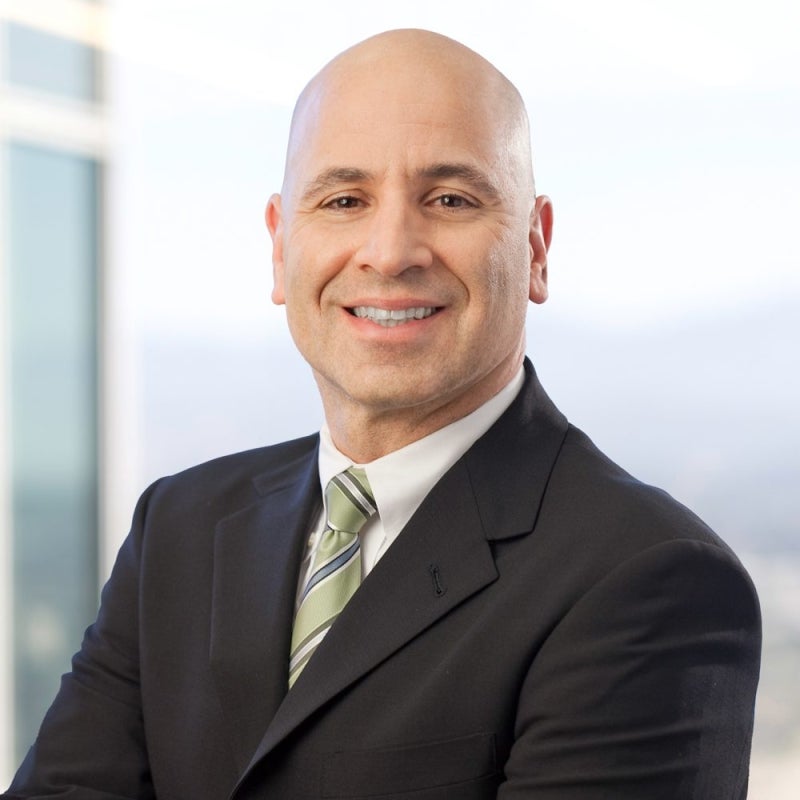Life sciences and pharmaceutical companies operate in one of the world’s most complex and highly regulated industries. From patent disputes and antitrust scrutiny to evolving regulatory enforcement and pricing pressures, MTO helps companies face legal challenges that can directly impact product pipelines, market position and medical innovation.
Life Sciences & Pharmaceuticals
Protecting innovation and market position in a complex and vital industry.
Life Sciences & Pharmaceuticals
Overview

Featured news.
Vincent Ling Recognized by The Linn Inn Alliance of the American Inns of Court with 2025 Linn Inn Alliance Distinguished Service Medal
Munger, Tolles & Olson is proud to announce that partner Vincent Ling was named a recipient of the 2025 Linn Inn Alliance Distinguished Service Medal. Vincent was honored on March 21, 2025, at a reception in New York, held just prior to the New York Intellectual Property Law Association (NYIPLA) Judges Dinner.

Experience
- Amgen Inc. in:
- defending against an antitrust class action brought by purchasers of the autoimmune disease medication Enbrel®, the top-selling drug in Amgen’s history. The plaintiffs allege that, through an exclusive license agreement with another pharmaceutical company, Amgen unlawfully obtained patent rights that have prevented FDA-approved biosimilars from being marketed. Amgen has filed a motion to dismiss.
- obtaining a favorable settlement from Coherus Biosciences, including a multi-year royalty, on the eve of a lengthy trial. The settlement resolved a trade secret dispute regarding a Coherus treatment that is biosimilar to Amgen’s oncology drug Neulasta®.
- Genentech in a False Claims Act case and related investigation by the U.S. Attorney’s Office for the District of Massachusetts relating to Lucentis®, a drug treating macular degeneration. After the government declined to intervene, the plaintiff voluntarily dismissed their complaint.
- AbbVie Inc. in:
- winning a landmark U.S. Supreme Court ruling, FTC v. Actavis, that “reverse payment” patent settlements between brand-name pharmaceutical companies and generic manufacturers are not presumptively unlawful, but should be evaluated under the “rule of reason.”
- antitrust litigation brought by wholesalers, indirect purchasers and the FTC, seeking billions of dollars in damages and restitution, in challenges to patent settlements concerning the testosterone treatment AndroGel®. MTO defeated direct purchaser class certification, obtained the voluntary dismissal of indirect purchasers’ claims and defeated the FTC’s claim for restitution. Other claims settled on confidential terms.
- obtaining a denial of class certification for indirect purchasers of the drug Niaspan®, who alleged that AbbVie and Teva engaged in a “reverse-payment” settlement to delay marketing of a generic version of the drug. The Third Circuit’s ruling on the plaintiffs’ failure to demonstrate “ascertainability” is now the leading precedent on how that requirement applies in pharmaceutical industry class action litigation.
- Kite Pharma, Inc., a subsidiary of Gilead Sciences, in invalidating the plaintiff’s patents during infringement litigation over an innovative cancer therapy and defeating a claim for both $1.2 billion and future royalties estimated at over $1 billion.
- Abbott Laboratories in successfully resolving a claim for milestone royalties and trade secret counterclaims relating to DNA amplification technology.
- A leading biotechnology company in winning a unanimous arbitration panel ruling on a series of claims of breach of contract, good faith and fair dealing brought by a Fortune 50 pharmaceutical company over a “co-promotion” agreement the companies had signed to market a highly successful arthritis drug.
Key Contacts
See Full Team
Partner & General Counsel

Partner

News & Insights
Client Alerts & Publications
Carolyn Luedtke Pens Life Sciences IP Review Article on Quintara Decision
News & Insights
